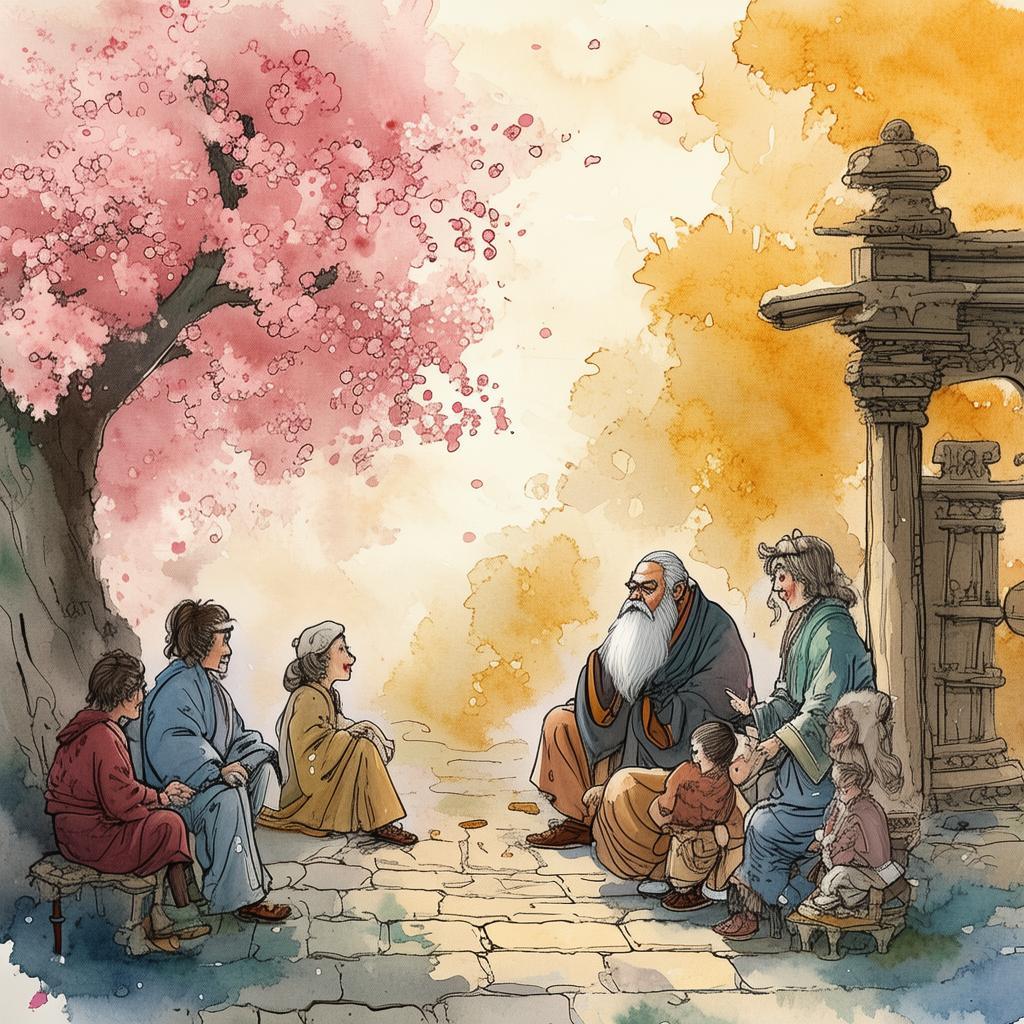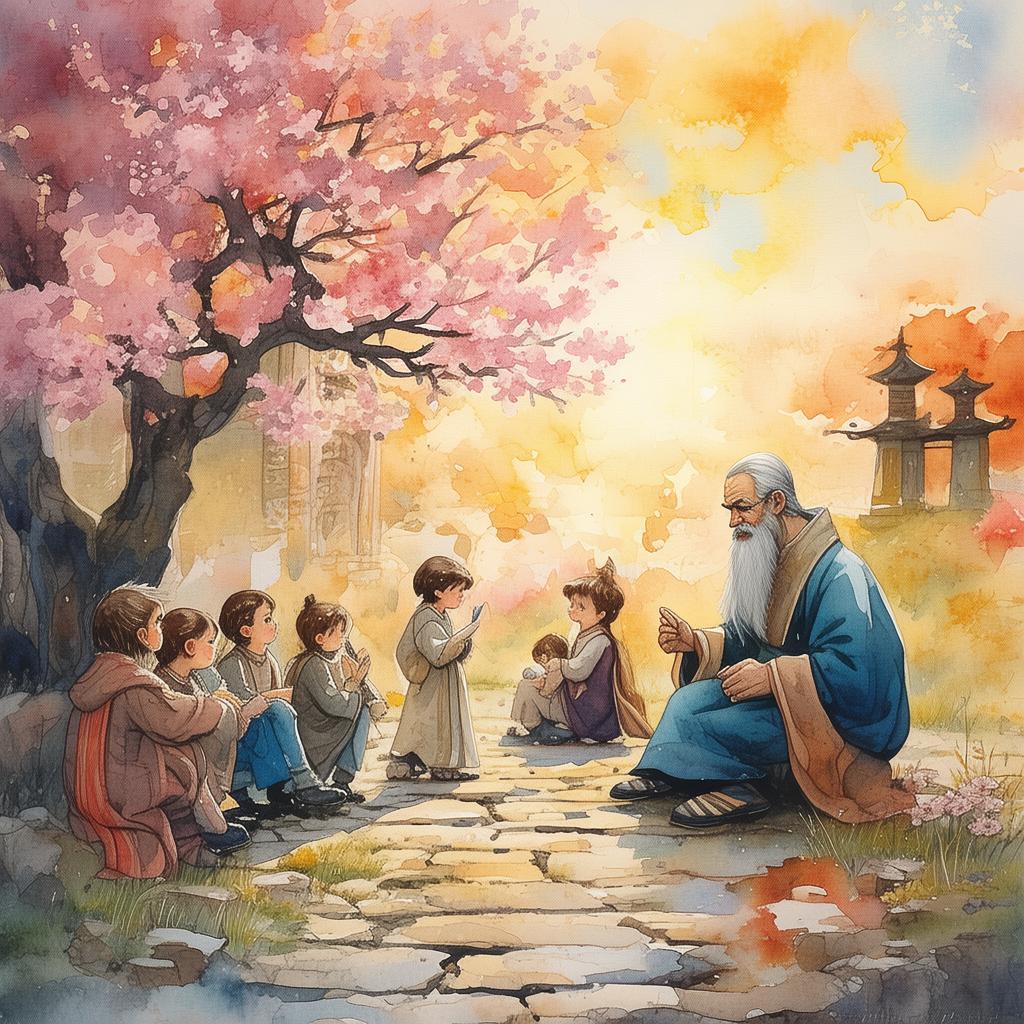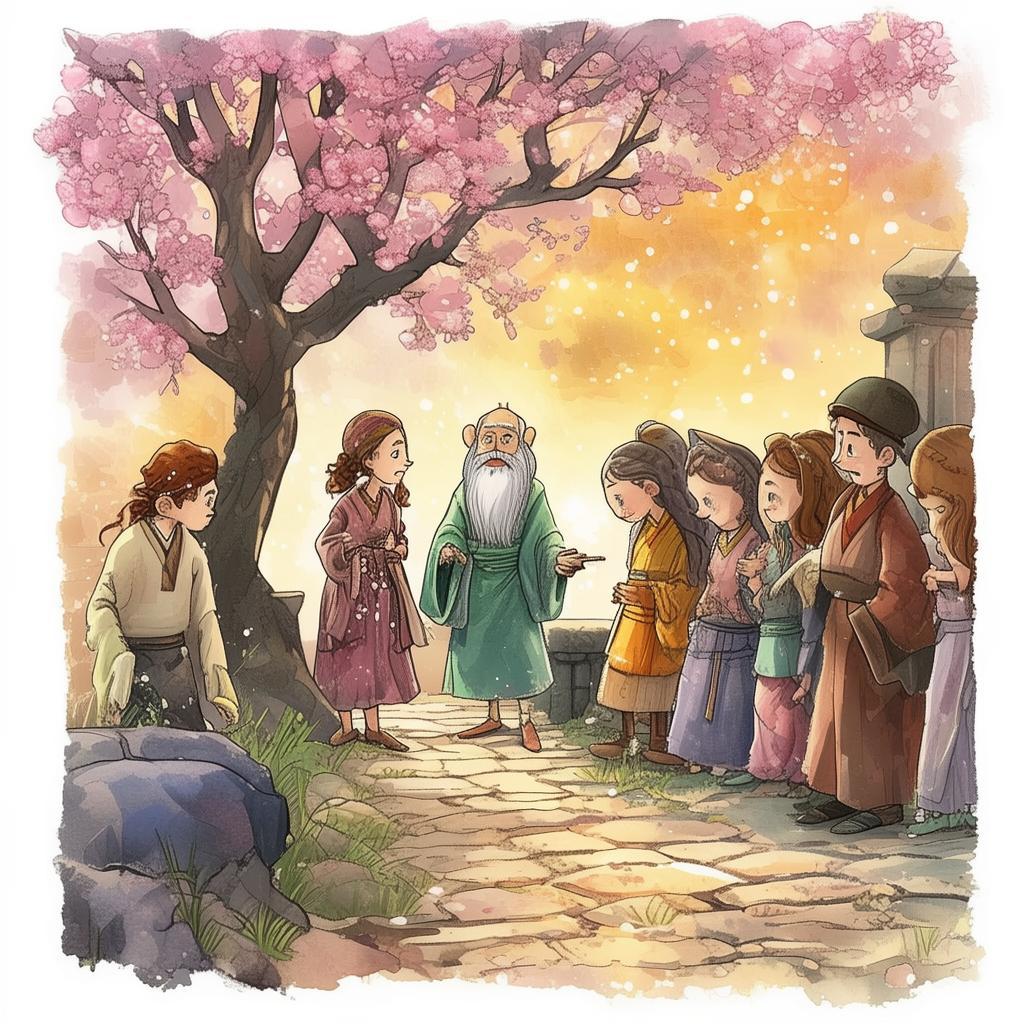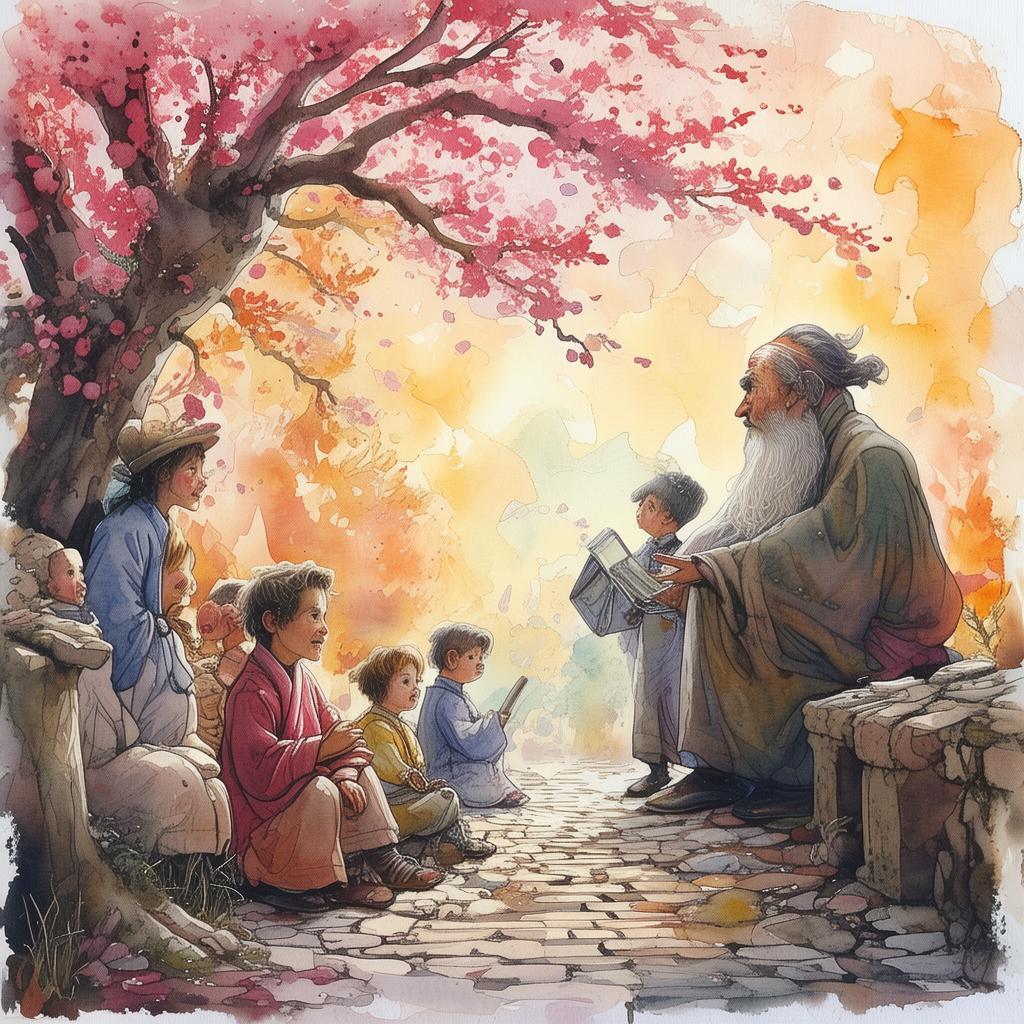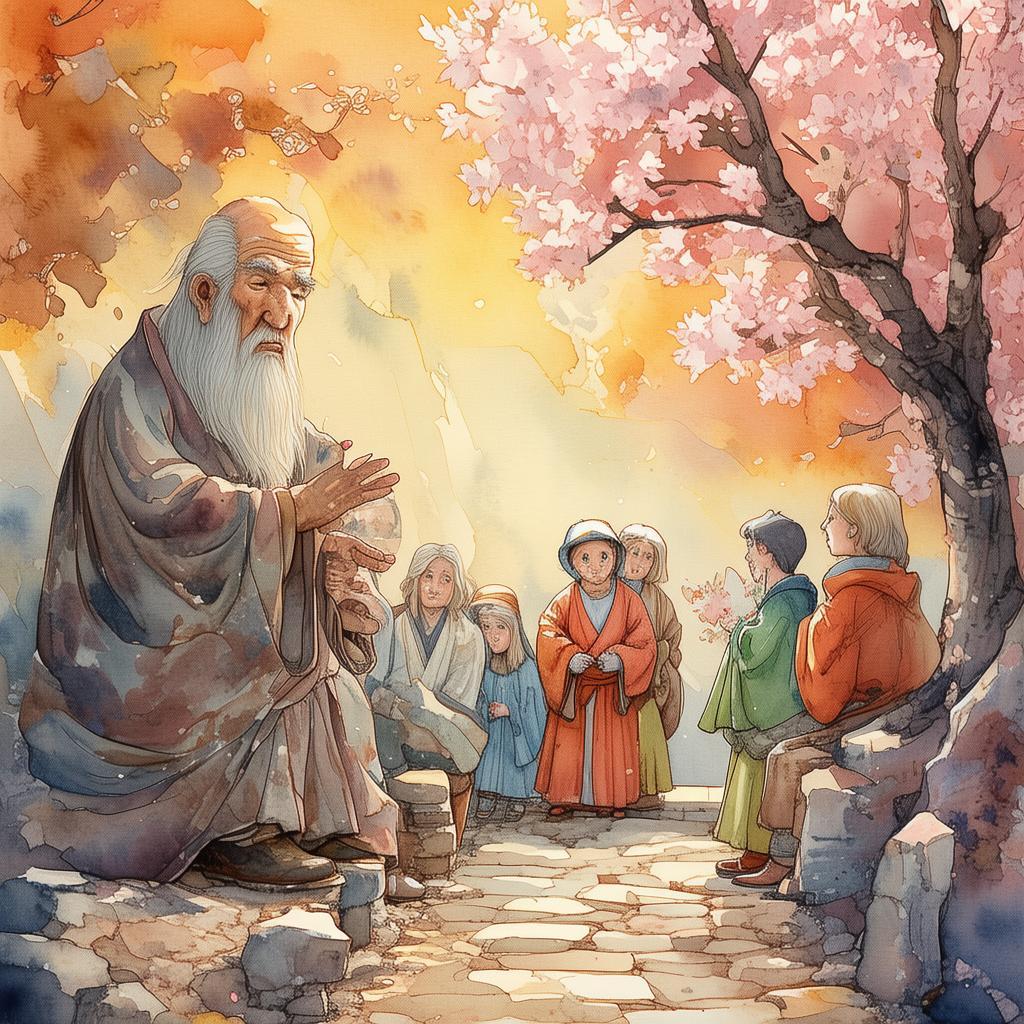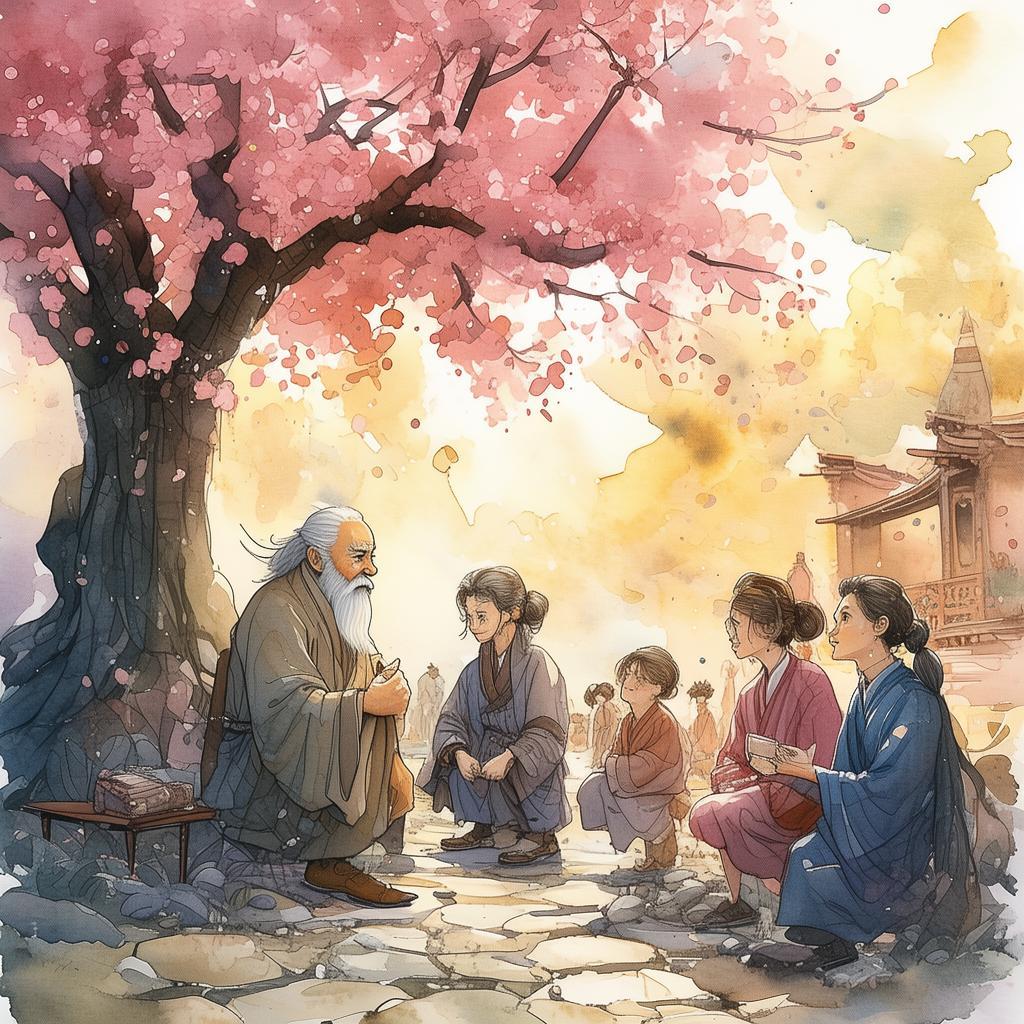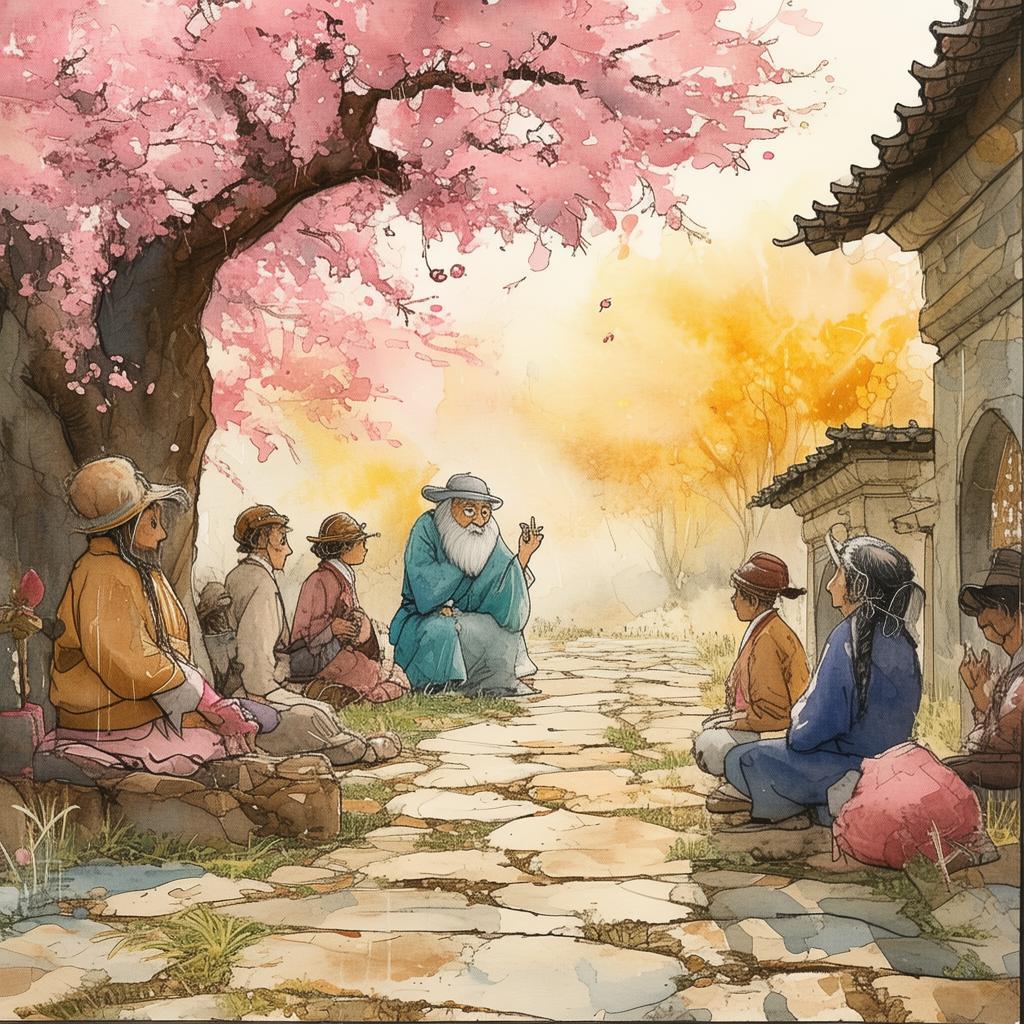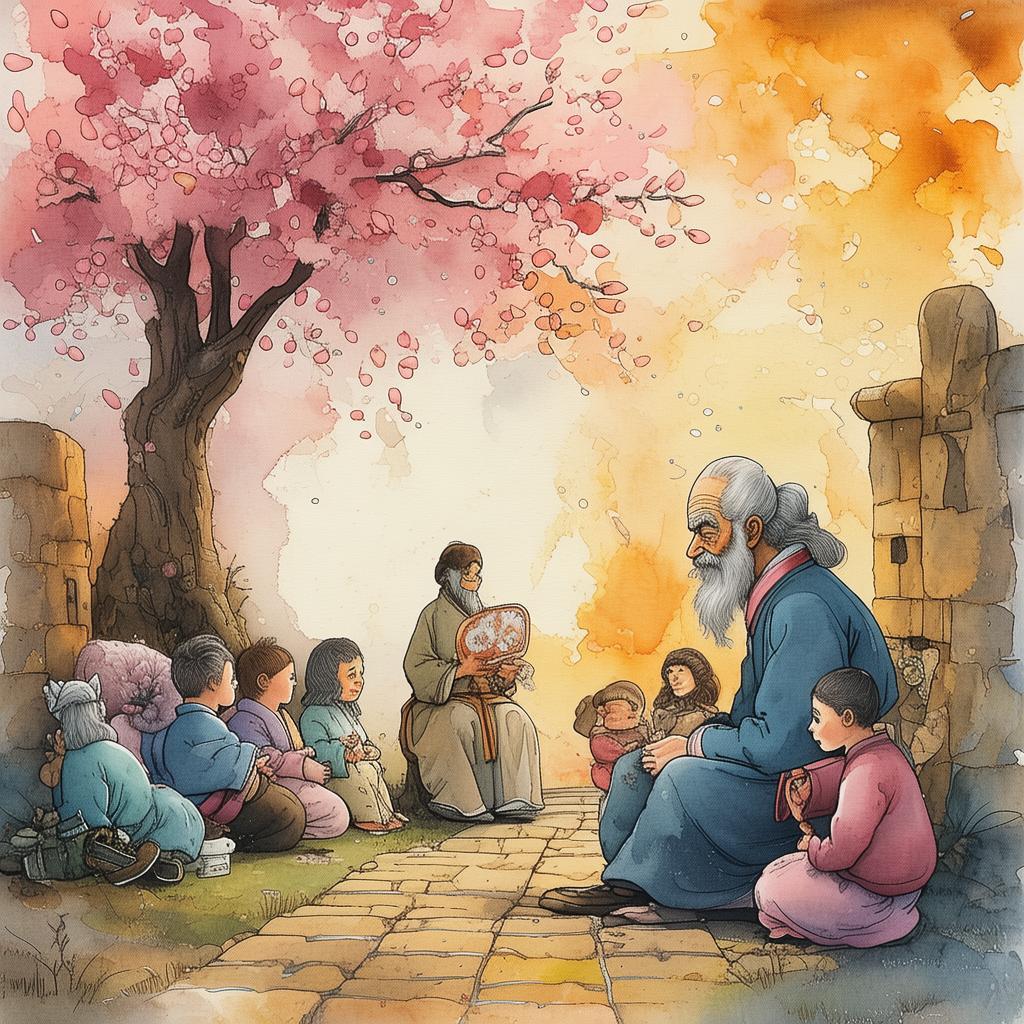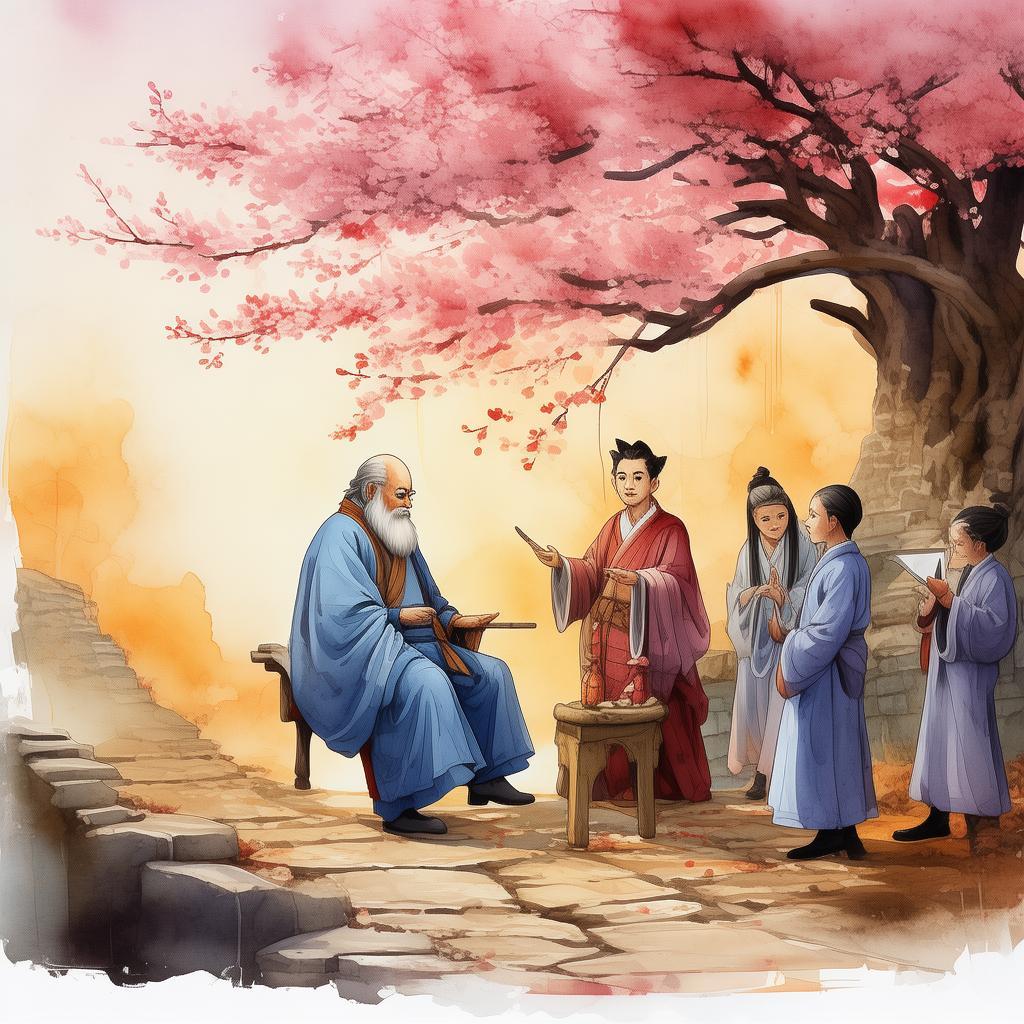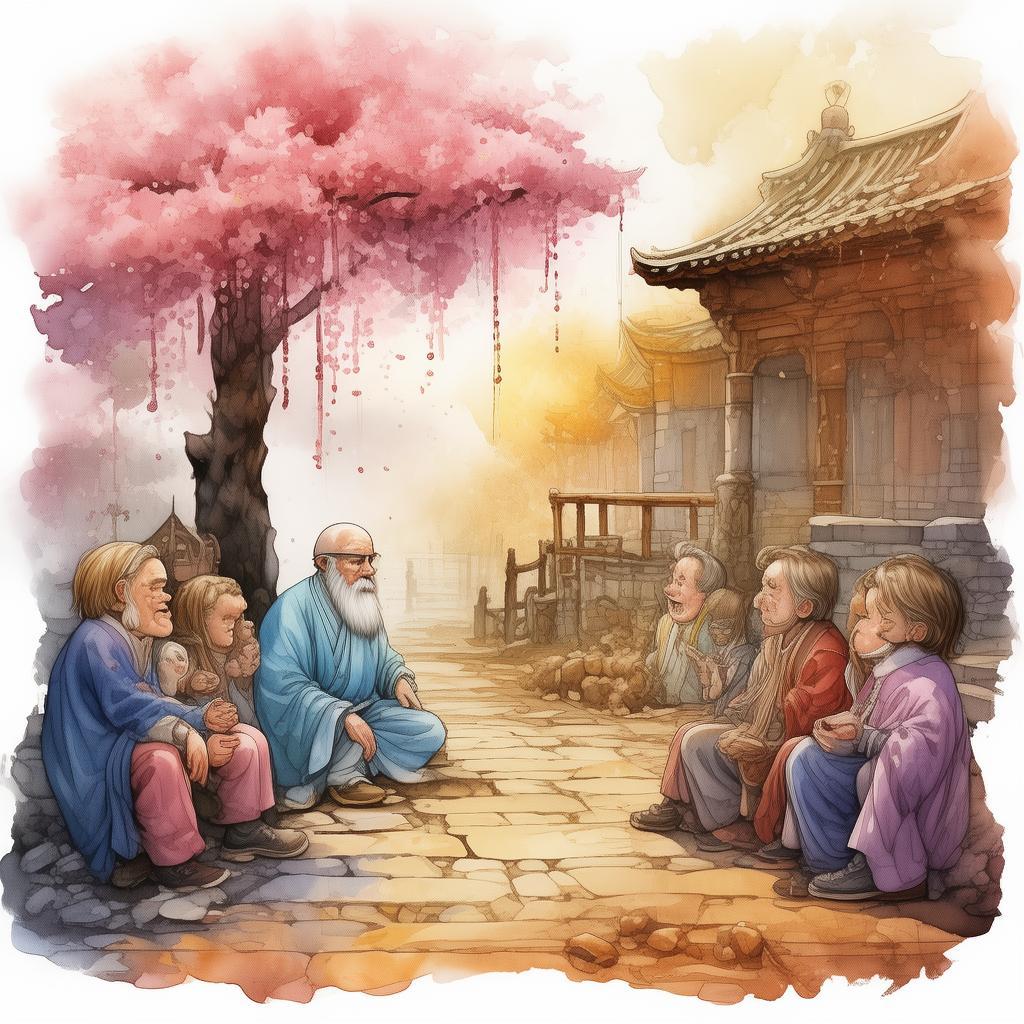The Wooden Deception and the Stone's Deception: A Game of Shadows
In the heart of ancient China, during a time when empires clashed and the fate of nations hung in the balance, there was a war that would be remembered for the cunning strategies employed by its generals. The tale of the Wooden Deception and the Stone's Deception is a testament to the power of intellect and the art of war.
The story unfolds in the kingdom of Wei, where the general, Zhang Yi, was facing a formidable foe in the form of the general of the rival kingdom of Shu, Li Mu. Both men were renowned for their bravery and strategic prowess, but it was Zhang Yi's intellect that would prove the deciding factor in this conflict.
Zhang Yi knew that Li Mu was a man who valued honor above all else, and he saw an opportunity to exploit this trait. He devised a plan that would test Li Mu's integrity and force him to make a difficult choice. His plan was to use the ancient Chinese strategy of "The Wooden Horse," a ruse that was as old as time itself.
The Wooden Horse was a simple yet ingenious idea. Zhang Yi ordered his soldiers to construct a large wooden horse, which they painted to resemble a peaceful offering. They then had it carried through the enemy lines, leaving it at the gates of Li Mu's camp. The purpose was to entice Li Mu to take the horse into his camp, where it would be revealed to be a decoy filled with his own soldiers, ready to infiltrate and sabotage the Shu camp.
As expected, Li Mu was intrigued by the sight of the wooden horse. He called his advisors together and debated the wisdom of taking it. Some suggested that it was a trick, while others believed it to be a sign of weakness. Li Mu, however, was a man of honor and integrity, and he saw the horse as a peace offering. He decided to take it into his camp, much to the chagrin of his advisors.
That night, as Li Mu lay in his tent, the wooden horse was filled with soldiers from Wei. They slipped through the camp, undetected, and began to plant false flags and messages that would confuse and weaken the Shu forces. Li Mu, believing that the horse was a gift from the gods, had no reason to suspect a deception.
Meanwhile, Zhang Yi, knowing that Li Mu would take the horse, sent a second wave of soldiers to reinforce the deception. These soldiers were to act as if they were part of the Shu army, but instead, they would work to further confuse and weaken Li Mu's forces.
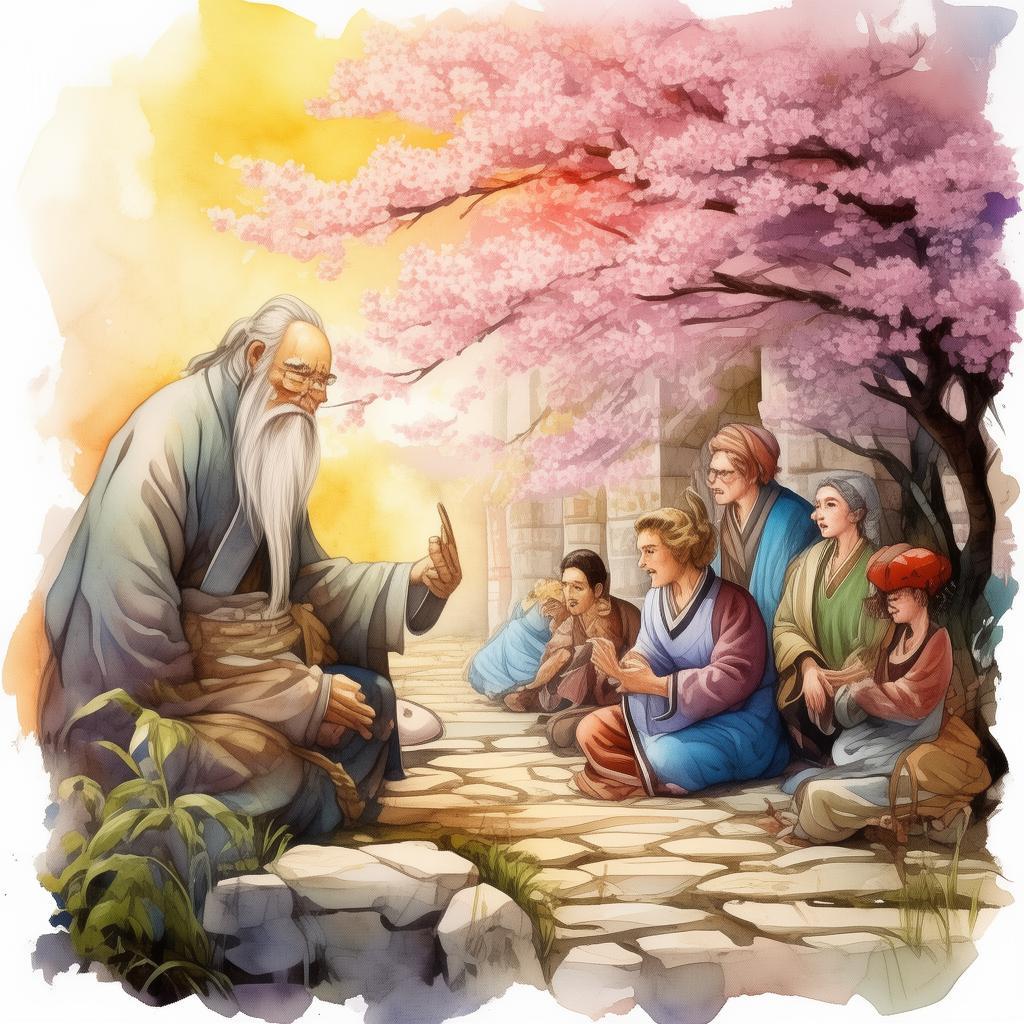
As the night wore on, the deception began to unravel. Li Mu's soldiers found the false flags and messages, but they were unable to discern the truth. They were torn between suspicion and loyalty to their general. The confusion was complete.
The following morning, as the sun rose over the battlefield, the true nature of the wooden horse was revealed. Li Mu's camp was in disarray, and the Wei forces, now aware of the deception, launched a full-scale attack. The Shu army, disoriented and divided, was easily overwhelmed.
Li Mu, realizing the cunning of Zhang Yi, was both impressed and humiliated. He knew that he had been outsmarted by a man who understood the true power of war was not in brute force, but in the mind. That day, he learned a valuable lesson about the importance of caution and the dangers of pride.
In the aftermath of the battle, Zhang Yi and Li Mu met on the battlefield. They exchanged words of respect and Li Mu acknowledged Zhang Yi's brilliance. The two generals shook hands, and from that day forward, they were allies rather than enemies.
The tale of the Wooden Deception and the Stone's Deception became a legend, a story of how intelligence and strategy could triumph over brute force. It was a lesson that would resonate through the ages, reminding all that the true strength of a leader lies not in the size of their army, but in the sharpness of their mind.
In the end, it was Zhang Yi's ability to understand his enemy and his own strengths that led to victory. His use of the Wooden Horse and the subsequent Stone's Deception was a masterful display of the ancient Chinese principle of "deception in war." And so, the kingdom of Wei emerged victorious, not through brute force, but through the cunning of its general.
✨ Original Statement ✨
All articles published on this website (including but not limited to text, images, videos, and other content) are original or authorized for reposting and are protected by relevant laws. Without the explicit written permission of this website, no individual or organization may copy, modify, repost, or use the content for commercial purposes.
If you need to quote or cooperate, please contact this site for authorization. We reserve the right to pursue legal responsibility for any unauthorized use.
Hereby declared.
